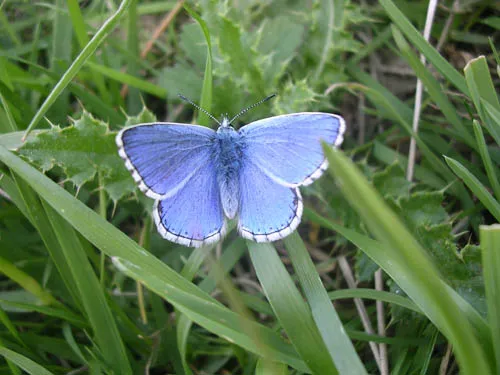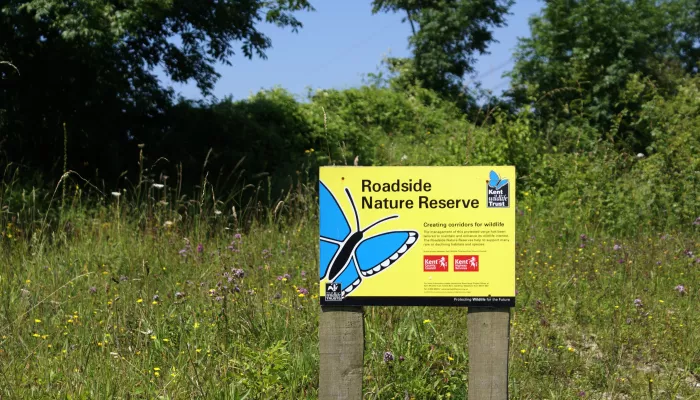
Kent Wildlife Trust’s Planning and Policy Officer, Nicholas Trower says: “These sites are essential stepping-stones for pollinators and home to rare and protected species. The loss of these habitats, combined with increased nitrogen dioxide pollution from the expanded road network, could accelerate biodiversity decline. The proposed mitigation measures are unclear, and we urge Kent County Council to take a more strategic, nature-positive approach.”
One of the most alarming aspects of the proposal is the lack of transparency. While the consultation claims that habitat surveys and assessments have been conducted, these documents have not been made publicly available. Moreover, no clear mitigation measures have been put forward to compensate for the environmental destruction.
Experts warn that increasing road capacity is a short-term fix that ultimately induces more traffic, leading to worsening congestion and pollution. Instead of expanding roads at the expense of nature, investment should be made in sustainable public transport solutions. Providing the infrastructure to support walking, cycling, and better-connected communities will provide long-term relief from traffic while protecting the environment.
Crucially, the A229 expansion is being treated separately from the Lower Thames Crossing, despite being directly linked. A holistic environmental assessment that considers the cumulative impact of both projects is necessary to ensure long-term sustainability and adherence to the UK’s net-zero commitments.
Nicholas Trower added: “Like the Lower Thames Crossing, these plans are poorly conceived, offering only a temporary fix to congestion while increasing emissions, destroying our vital green spaces, and further deteriorating air quality for local residents. We owe it to wildlife and future generations to find another way.”
Speak up for nature!
We urge all concerned residents, conservationists, and sustainability advocates to take part in the consultation before it closes on 17th March. Your voice can help protect Kent’s precious wildlife and shape a more sustainable future.
Share your views and access the online questionnaire.

